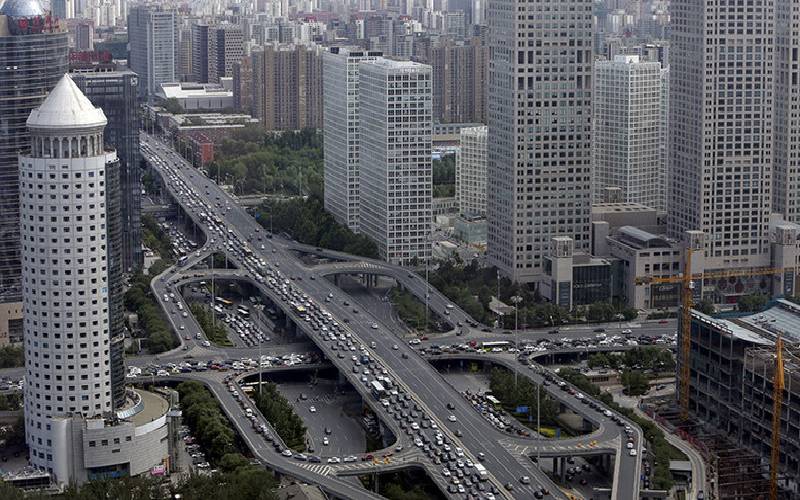 When Italian explorer, merchant and writer, Marco Polo and his family visited China in the 1260s, he recounted that China had ‘all great things like’ silk. He recorded that inhabitants of Kashgar, a city in China, lived by trade and industry, and that the soil was fertile for cultivation of cotton and vine. He stated that the country was the source point for traders who marketed their goods around the world.
When Italian explorer, merchant and writer, Marco Polo and his family visited China in the 1260s, he recounted that China had ‘all great things like’ silk. He recorded that inhabitants of Kashgar, a city in China, lived by trade and industry, and that the soil was fertile for cultivation of cotton and vine. He stated that the country was the source point for traders who marketed their goods around the world.
China today has once again occupied this position in global trade and is set to deepen its entanglement and dominance in global exchange of goods and services. The question however is, how has China managed to revive its global dominance? The answer to this question starts by recalling that all men are created equal, as Thomas Jefferson put it, but that this equality ceases at birth since each man is born into different circumstances and with dissimilar endowments and capabilities.